Basic Polish Phrases
Today we shall discuss four most commonly used phrases in the Polish language. This article is the second part of a series called ‘Culture walk’, where we bring cultures of the partnering institutions of NCC closer to our readers. Therefore, we will try to present selected aspects of Polish and Korean cultures to enhance mutual understanding of the cultural differences and help you learn main phrases of each language, as well as the pronunciation of the letters. We hope that by doing so, it will be easier for you to visit one of the two countries and effectively communicate with its citizens.
1. Good day: Dzień dobry
dzień dobry
[jen doh-brih]
- it really means 'Good day' (dzień - day, good - dobry), so it is mostly used during daytime (similar to English). However, as it is the most universal version, you can also use it throughout the day and it won't be looked down upon.
In the evening, you can try saying 'Dobry wieczór' [doh-brih vye-choor], which means 'Good evening'.
Dzień dobry. - Dzień dobry.
Jen dobrih. - Jen dobrih.
Good day. - Good day.
2. Goodbye: Do widzenia
do widzenia
[doh vee-zay-nyah]
- which literally means 'to seeing', but one can loosely translate it into 'Until we see each other again', or 'Until next time'.
Do widzenia. - Do widzenia.
Doh veezaynyah. - Doh veezaynyah.
Goodbye. - Goodbye.
3. Thank you: Dziękuję
dziękuję
[jen-koo-yeah]
- the formal and most commonly used way of saying 'thank you'. If you find yourself in a less formal situation, you can shorten it into 'Dzięki' [jen-key], which means 'Thanks'.
Dziękuję.
Jen-koo-yeah.
Thank you.
4. I'm sorry: Przepraszam
przepraszam
[psheh-prah-sham]
- liteally means 'I'm sorry', but is also used if you want to say 'Excuse me'.
Przepraszam.
Psheprasham.
I'm sorry. / Excuse me.
It's worth noting that - similar to Korean language - although these are the most commonly used phrases, there are other versions of them that might be used in similar context, depending on the honorifics or the situation, same as how we might use 'Thanks' or 'Thank you very much' instead of just 'Thank you'.
| Published on: | Oct 16, 2025, 9:40 a.m. |
| Updated: | Oct 27, 2025, 12:19 p.m. |
Last update on Oct. 27, 2025, 12:19 p.m.


Follow us